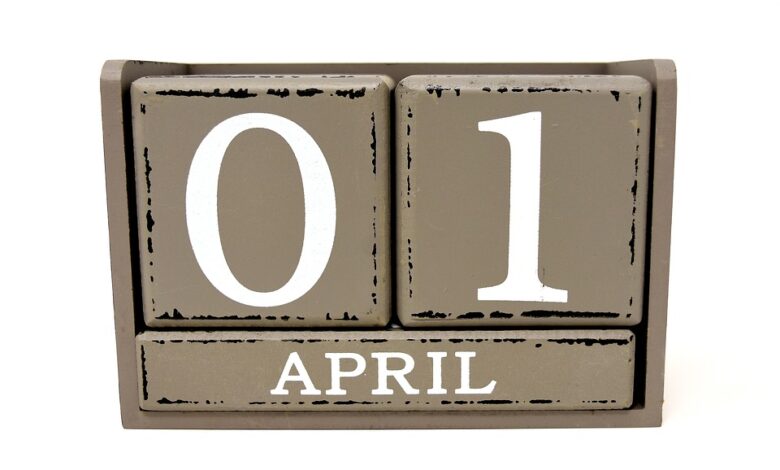Increase Productivity and Efficiency with a Calendar

Increase Productivity and Efficiency with a Calendar
In today’s fast-paced world, managing time effectively has become a crucial skill. With numerous tasks, meetings, and deadlines to keep track of, it’s easy to feel overwhelmed and lose productivity. However, utilizing a calendar system can be a game-changer when it comes to managing your time efficiently and boosting productivity. In this article, we’ll explore the various ways in which a calendar can increase productivity and efficiency in your personal and professional life.
1. Structured Time Management
One of the main advantages of using a calendar is that it helps you organize and structure your time effectively. By inputting all your tasks and commitments into the calendar, you create a visual representation of your schedule, allowing you to get a clear overview of what lies ahead. Through this structured approach, you can allocate specific time slots to each activity, ensuring that you’re making the most of your day. This helps prevent time wasted on unproductive tasks or excessive multitasking, allowing you to focus on one thing at a time.
2. Prioritization and Goal Setting
A calendar also enables you to prioritize tasks and set clear goals. By categorizing your activities based on urgency or importance, you can develop a systematic approach to completing them. This ensures that important tasks are not overlooked and gives you a sense of direction and purpose throughout the day. Setting realistic deadlines for each task allows for efficient time allocation, reducing procrastination, and enhancing overall productivity.
3. Avoiding Overcommitment
In today’s busy world, it’s easy to fall into the trap of overcommitting oneself. This can lead to unnecessary stress, poor performance, and missed deadlines. A calendar acts as a visual reminder of your existing commitments, preventing you from taking on too much at once. By reviewing your calendar before agreeing to new engagements, you can assess your availability realistically and make informed decisions about taking on additional tasks. This helps maintain a healthy work-life balance and ensures that you’re not spreading yourself too thin.
4. Delegation and Collaboration
A calendar can also be a powerful tool when it comes to teamwork and collaboration. Utilizing a shared calendar within a team or organization allows for easy coordination of schedules, making it simpler to manage group meetings, deadlines, and project timelines. By having visibility on each other’s calendars, team members can identify potential conflicts and adjust their schedules accordingly. This saves time in scheduling meetings, avoids unnecessary back-and-forth communications, and facilitates efficient collaboration.
5. Reminders and Notifications
Effective time management requires staying organized and being aware of upcoming tasks and deadlines. A calendar can be set up to send reminders and notifications for important events, ensuring that you never miss a crucial deadline or meeting. This eliminates the need to rely solely on memory and reduces the chances of forgetfulness. By utilizing these alerts, you can stay on track, meet your obligations on time, and maintain a high level of productivity.
6. Flexibility and Adaptability
The beauty of using a digital calendar is the ability to make modifications and adjustments seamlessly. Unexpected changes, rescheduled meetings, or shifting priorities are common occurrences in any professional environment. With a calendar, you can easily rearrange your schedule, update deadlines, and adapt to new circumstances. This flexibility allows you to respond to changes swiftly, minimizing disruption and maximizing your productivity.
7. Time Blocking and Focus
Many people struggle with distractions and lack of focus while working. A calendar can help combat these challenges by implementing the technique of time blocking. This involves allocating specific time slots for different activities, whether it’s focused work, meetings, or breaks. By dedicating uninterrupted blocks of time to important tasks, you create a conducive environment for deep work and concentration. This method helps eliminate distractions, keeps you on track, and improves overall efficiency.
8. Clarity and Mental Space
A cluttered mind can hinder productivity and creativity. By offloading your commitments and deadlines onto a calendar, you free up mental space and achieve clarity. Instead of constantly trying to remember multiple to-do lists and deadlines, you can rely on your calendar to provide structure and guidance. This mental clarity allows for better decision-making, problem-solving, and increased efficiency.
In conclusion, incorporating a calendar system into your daily routine can significantly enhance productivity and efficiency. Through structured time management, prioritization, and goal setting, you can effectively allocate your time and avoid overcommitment. Collaboration and delegation become more seamless, and the use of reminders and notifications ensures deadlines are met. The flexibility and adaptability of a digital calendar enable you to navigate unexpected changes effortlessly. Time blocking and focus techniques improve concentration and eliminate distractions, while achieving mental clarity and freeing up mental space. By harnessing the power of a calendar, you can maximize productivity, accomplish more, and regain control over your time.




